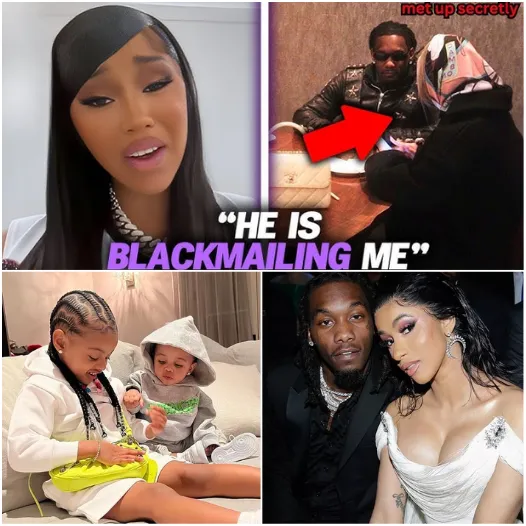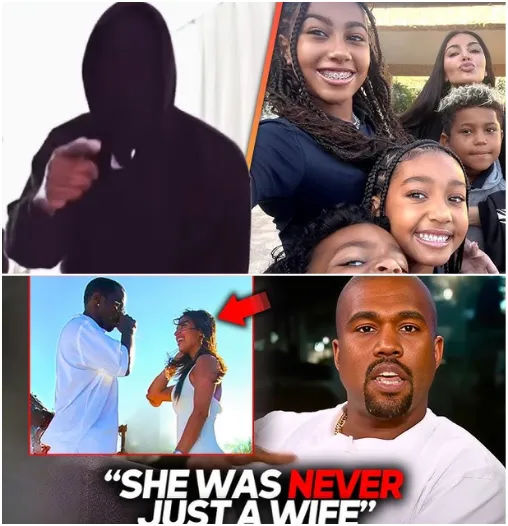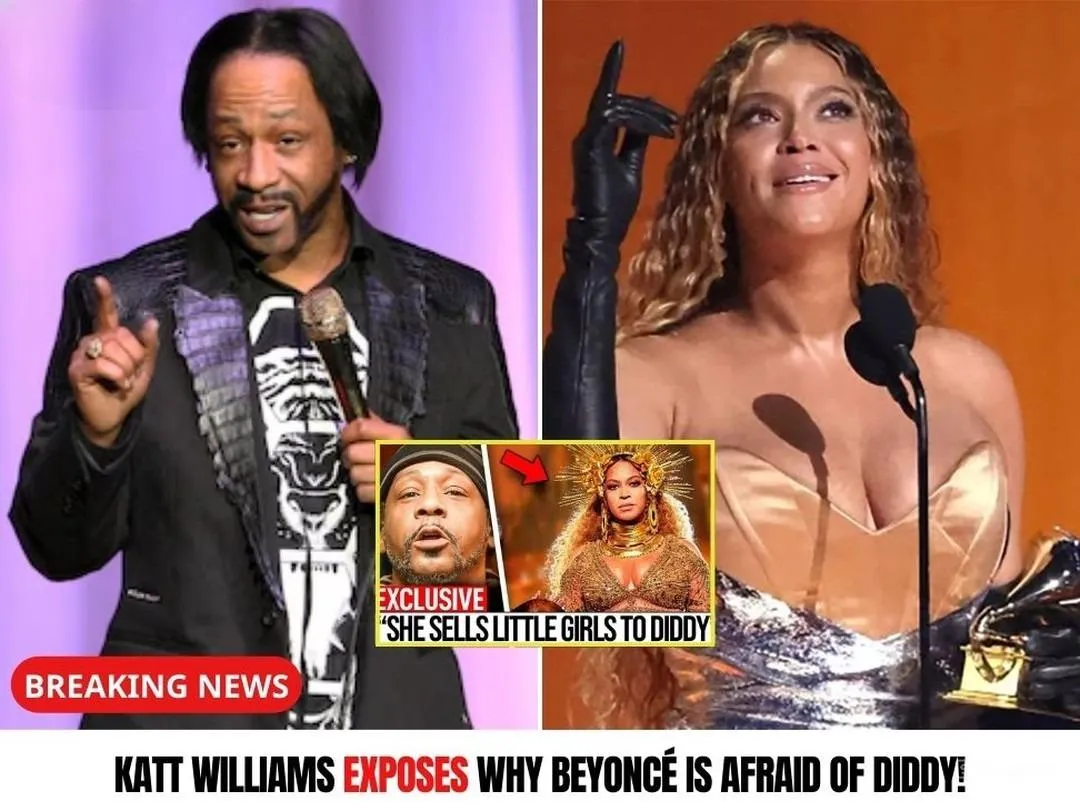Katt Williams BACKS Terrence Howard Exposing G@y Roles Are FORCED On Black Actors

Hollywood has long been the land of opportunity, but for Black men in the industry, it has also been a place rife with unspoken pressures and controversial expectations. This week, the debate over whether Black actors are being forced into gay roles or feminized characters for the sake of career advancement exploded anew—thanks to explosive comments from veteran actor Terrence Howard and comedian Katt Williams.
The two stars are now at the center of a cultural firestorm, with many questioning whether their claims are rooted in reality or simply another Hollywood conspiracy.
Terrence Howard Speaks Out: “I Would Cut My Lips Off”
Terrence Howard, best known for his roles in “Empire” and “Hustle & Flow,” recently appeared on Bill Maher’s “Club Random” podcast and reignited a conversation that’s long simmered beneath the surface of Black Hollywood.
Howard revealed that he turned down major roles, including the chance to play Marvin Gaye, because he refused to kiss a man onscreen. “I couldn’t fake it. I couldn’t kiss a man either, that’s true. If I kissed a man, I would cut my lips off,” Howard declared.
He recounted a story about visiting Quincy Jones’s house and hearing rumors about Marvin Gaye’s sexuality. When asked if he could portray a gay character, Howard was emphatic: “No, I can’t surrender myself to a place I don’t understand.”
Howard was quick to clarify that his refusal wasn’t rooted in homophobia, but in his own sense of authenticity and personal boundaries as an actor.
Katt Williams Doubles Down: “It’s Not About a Dress—It’s About Control”
While Howard’s comments sparked immediate backlash and accusations of homophobia, he found a powerful ally in comedian Katt Williams. Williams has long been outspoken about what he sees as Hollywood’s agenda to emasculate Black men.
Years before Howard’s recent statements, Williams was already raising alarms about the industry’s pattern of pushing Black male comedians and actors into feminized or gay roles—often involving crossdressing or playing effeminate characters.

According to Williams, this isn’t just about comedy or acting versatility, but about a deeper, more sinister ritual. “It’s not the dress. It’s about whether you choose to play along with the Illuminati. It’s a test of how far you’re willing to go and let yourself be controlled,” Williams said, referencing his own refusal to wear a dress for a movie role and the backlash he faced.
Williams claims he turned down lucrative contracts—some as high as $50 million—rather than compromise his integrity or participate in what he calls “Hollywood rituals.” He even recounted how Martin Lawrence tried to convince him to wear a dress for “Big Mama’s House 2,” but he refused, and the role went to Brandon T. Jackson instead.
The “Ritual” and the Conspiracy
Williams believes that Hollywood’s insistence on Black men wearing dresses or playing gay roles is less about artistic expression and more about submission and control. He’s pointed to the long line of Black comedians and actors who gained mainstream success after donning dresses: Flip Wilson, Eddie Murphy, Martin Lawrence, Jamie Foxx, Tyler Perry, and more recently, actors like Brandon T. Jackson and the Wayans brothers in “White Chicks.”
In various interviews, Williams has claimed that these roles are a kind of “initiation ritual”—a way for the powers that be in Hollywood to test the limits of Black actors’ willingness to comply. “Show me one person that ever wore a dress in Hollywood unsuccessfully. That’s how you understand what a ritual is,” Williams told Joe Rogan, adding that these rituals are often tied to deeper, secretive industry practices.
A Pattern in Hollywood
The trend is undeniable: many of the most successful Black comedians and actors have appeared in drag or played gay characters at some point in their careers. From Flip Wilson’s Geraldine in the 1970s, to Martin Lawrence’s Sheneneh and Jamie Foxx’s Wanda in the 1990s, to Eddie Murphy’s multiple female roles in “The Nutty Professor” and “Norbit,” and Tyler Perry’s iconic Madea—Hollywood has a long tradition of rewarding Black men who take on feminized roles.
Even more recently, actors like Jonathan Majors have faced scrutiny for appearing in what some fans perceive as “emasculating” photo shoots or roles, such as Majors’ cover for Ebony magazine.
The Historical Context: Emasculation and “Buck Breaking”
Some critics argue that the pressure on Black men in Hollywood to play feminized or gay roles is part of a larger historical pattern of emasculation. They point to the brutal history of slavery in America, where Black men were often subjected to “buck breaking”—a horrific practice designed to strip them of their masculinity and assert white dominance.
In this context, the argument goes, Hollywood’s dress-wearing or gay-role “ritual” is a modern, symbolic continuation of efforts to make Black men less threatening and more palatable to mainstream (often white) audiences. Others, however, argue that acting is about versatility, and that crossdressing or playing gay characters is simply part of the craft—not a conspiracy.
The Impact on Black Womanhood
An often-overlooked aspect of this debate is how the female characters portrayed by Black men in drag are often caricatures. These roles frequently rely on stereotypes, with jokes that demean or ridicule Black women’s looks, attitudes, or lifestyles.
While actors like Tyler Perry claim their characters are inspired by real women—Perry has said Madea is based on his mother and aunt—critics argue that these portrayals rarely offer the respect or complexity that Black women deserve.
Terrence Howard and Katt Williams: The New Alliance
With Terrence Howard now echoing many of Katt Williams’ long-held beliefs, the conversation has gained new momentum. Rumors are swirling that the two may even collaborate on a podcast to expose more of Hollywood’s hidden truths.
Fans are already buzzing at the prospect, with some predicting it could become one of the most explosive media properties in recent memory.
“Will someone please put Terrence Howard and Katt Williams together in a room? If they could manage a podcast together, it would instantly become the most interesting and outrageous media property ever created,” one fan wrote on social media.
The Debate Continues
As the entertainment industry grapples with questions of representation, authenticity, and power, the debate over whether Black men are being forced into gay or feminized roles is unlikely to go away.
For some, Terrence Howard and Katt Williams are simply speaking uncomfortable truths that others are too afraid to voice. For others, their comments are out of touch and risk reinforcing harmful stereotypes about both Black men and the LGBTQ community.
What is clear is that the conversation is far from over. As more actors and comedians speak out, Hollywood may be forced to reckon with its own history—and its future.




